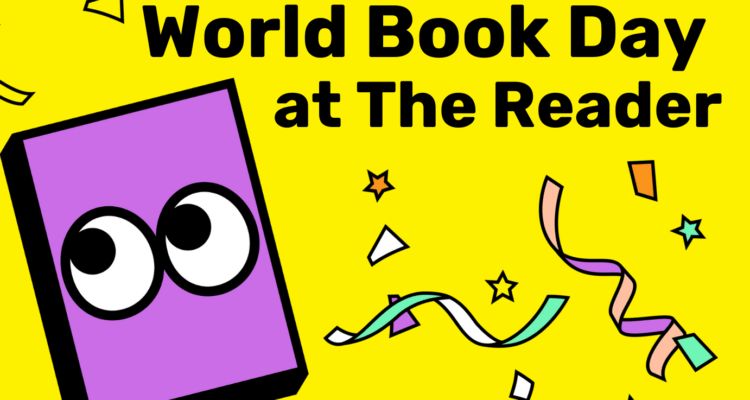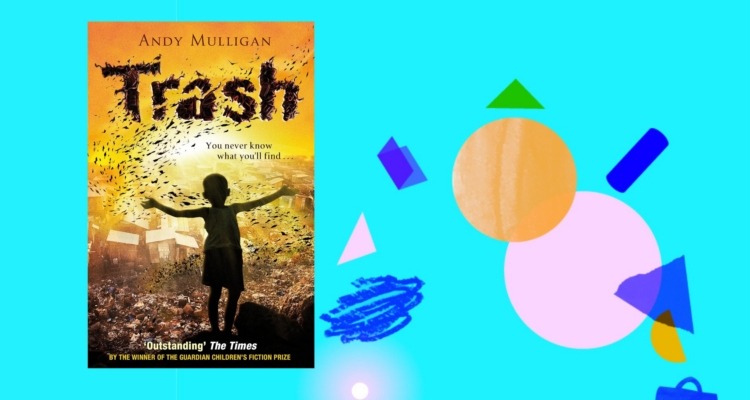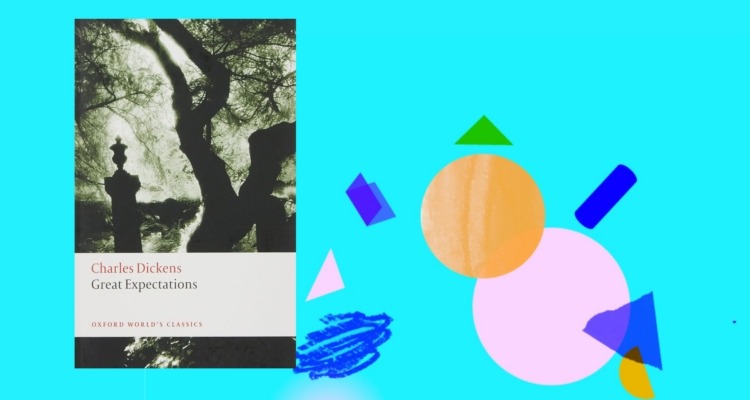Readers of the World: Egypt
 It's time for us to journey off once again on our trip to take in the Readers of the World. A few weeks ago we got into the Olympic spirit by going to Greece; now we'll travel across the Mediterranean Sea to Egypt, courtesy of our Communications Intern, Amir Ali.
It's time for us to journey off once again on our trip to take in the Readers of the World. A few weeks ago we got into the Olympic spirit by going to Greece; now we'll travel across the Mediterranean Sea to Egypt, courtesy of our Communications Intern, Amir Ali.
During the summer of 2010 I had the enormous privilege of visiting a childhood friend in his home town of Alexandria. Egypt’s second city, Alexandria has historically been one of the most important ports in history, similar to Liverpool’s Albert Dock at the time of the British Empire. Despite Egypt’s rich and fascinating history, the well-known pharaohs, pyramids and mummies of Ancient Egypt, my knowledge of its literary culture was poor to say the least. Yet in a country whose ancient hieroglyphic script was not deciphered until the discovery of the Rosetta Stone in 1799, and where the very essence of books and literature, papyrus, stems from, I knew that I was in a place with an immense literary tradition waiting to be discovered.
I was first taken to the Bibliotheca Alexandrina, one of the largest libraries in the world and certainly the most gargantuan and impressive of buildings that I had ever seen. The library was built as a replacement to the Ancient Library of Alexandria, destroyed in part during the Alexandria War of 48 BC. Housing an enormous collection of works in Arabic, French and English, the architecture of the modern library is breath-taking, with marvellous fountains in the grounds, a spacious and high-tech interior and a glass roof which slopes downwards towards the Mediterranean Sea. Walking through the endless aisles of books, I felt lost in a sea of literature whose inherent value was overwhelming. The layout of the building is open-plan with an angled floor which, if standing at the top, gives you the unusual feeling of looking down on something both extremely special and yet readily accessible. The mixture of people visiting the library, from tourists visiting from across the globe, to local students and businesspeople, gave it an extremely vibrant feel, similar to that of the British Library in London, location of The Reader Organisation’s National Conference 2012.
Even more impressive was the room set aside as a permanent exhibition to commemorate the life and work of one of Egypt’s foremost literary and social figures, Dr. Taha Hussein. Blinded at the age of three, Hussein became an author, journalist, academic and politician, most notably fighting for the right to universal education in Egypt. This exhibition at Alexandria Library demonstrates the high esteem in which many literary figures are held in Egyptian society and opened my eyes as to the role literature has played in such a diverse nation.
I continued my stay in Egypt looking for English translations of classic Egyptian literature, a quest which I had little success with. Even on my return to the UK I was at a loss as to how to get my hands on these works. Luckily, not too long ago I stumbled across a translation of Alaa Al Aswany’s The Yacoubian Building (or Imarat Ya’qubyan in Arabic) in Waterstones for 99p! The novel is a relatively modern classic, first published in Egypt in 2002 and translated into English in 2007. Al Aswany’s collage of the various and muddled lives of the different inhabitants of a residential building in Downtown Cairo is in fact a moving and excellently woven tapestry which strips bare Egyptian society. Its influence over modern Egypt has been huge, being made into the largest grossing film in Egyptian cinematic history and being translated into 31 different languages.
What is most striking about The Yacoubian Building is its honesty. Al Aswany, a middle class Egyptian from a prominent family, does not hesitate to criticise those who have traditionally gone unquestioned in Egyptian society, and some of his characters, including religious leaders, journalists and even politicians, are particularly deceitful and corrupt. Al Aswany’s novel caused a huge stir at the time of publication and continues to do so today, with many protestors who participated in the Tahrir Square-lead uprising which ousted Hosni Mubarak’s dictatorship citing The Yacoubian Building as the wake-up call which lead to their action.
What comes out of the novel is a pervading sense of loss and decay. Al Aswany does not hide his anger at the current political system, nor his nostalgia for a bygone era:
“Egypt’s former elite had built the downtown area to be Cairo’s European quarter, to the degree that you would find streets that looked the same as those to be found in any of the capitals of Europe, with the same style of architecture and the same venerable historic veneer. Until the beginning of the 1960’s, Downtown retained its pure European stamp and old-timers doubtless can still remember that elegance.”
Having said this, the novel is a formidable work of literature whose characters are so believable that they jump out of the page. The extended metaphor of the building as a microcosm of Egyptian society, with its crippling class-system, is one which leaves its mark on the reader. Al Aswany demonstrates with devastating subtlety the revolving doors of society which keep people in their place, often with horrific consequences. For me, The Yacoubian Building is an important example of how art, especially literature, can impact people’s lives in a major way, something which The Reader Organisation is passionate about.
I certainly don’t know everything there is to know about Egypt or its literature, but the small amount that I do know is important to me and, I feel, worth sharing. I would encourage you to read some literature, both ancient, modern, and contemporary, which has emerged from a country which is again reshaping itself and finding its own path, just like the blind Taha Hussein did during his lifetime.
“There is a real contradiction between fanaticism and art. If you understand art you will never be a fanatic and if you are a fanatic, keep yourself away from art because you will never understand it.” – Alaa Al Aswany, 2012
Share
Related Articles

World Book Day® and The Reader celebrate the fun of reading
National reading charity World Book Day is partnering with Shared Reading charity The Reader for a fun-filled day in…

February’s Title Pick for Children: Trash by Andy Mulligan
Through our Bookshelf this year we are exploring the different places that people call home. From the very beginning…

February’s Title Pick for Adults: Great Expectations by Charles Dickens
Great Expectations by Charles Dickens The Reader’s staff and volunteers have been leading Shared Reading groups in many different…


